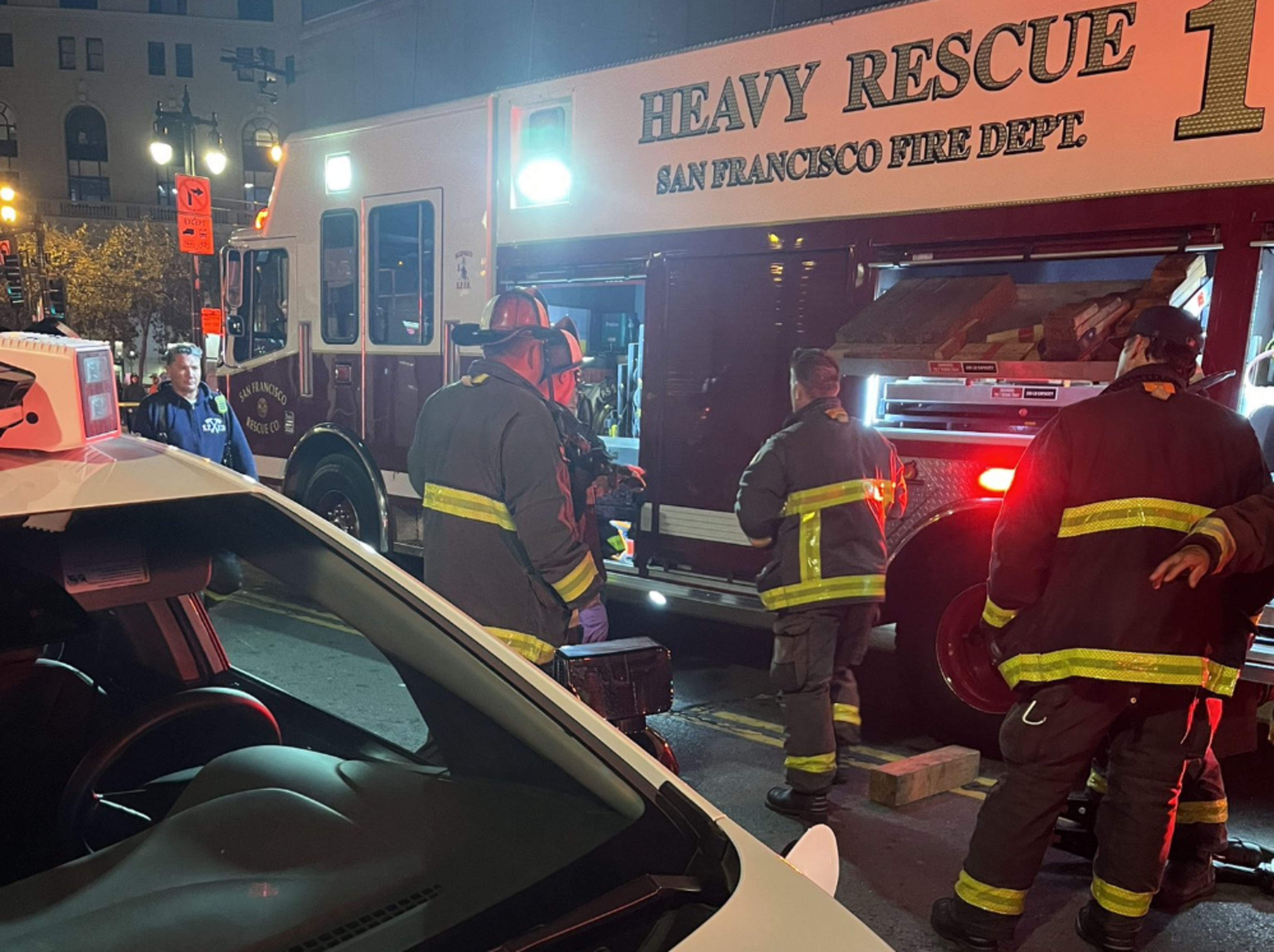General Motors CEO Mary Barra told company shareholders in a letter Wednesday that the company is “addressing challenges” at Cruise, in part by “substantially lower spending” in 2024.
In that letter (opens in new tab), where she also touted the company’s liquidity, returns on investment, management of supply-chain issues and recently settled labor negotiations, Barra offered measures of praise for the embattled robotaxi company.
“What Cruise has accomplished in the eight years since we acquired the company is remarkable. Our priority now is to focus the team on safety, transparency and accountability,” Barra said of the firm, which had once been tapped to bring in a billion dollars in revenue by 2025 (opens in new tab).
READ MORE: Cruise Hired a Lobbyist Close to Newsom. Then a Crash Changed Everything
After noting the necessity of renewed relationships with regulators and first responders, as well as the company’s ongoing safety and incident reviews, Barrra said that “we expect the pace of Cruise’s expansion to be more deliberate when operations resume, resulting in substantially lower spending in 2024 than in 2023. We are working through our challenges, and we remain optimistic and excited about the road ahead. Our 2024 budget, which we are currently finalizing, will fully offset our increased labor costs through initiatives already underway.”
The company’s challenges over the last two months have mounted significantly, beginning in part with an Oct. 2 incident in Downtown San Francisco where a robotaxi dragged a woman after she was hit by a human driver. Soon after, California Department of Motor Vehicles officials suspended Cruise’s driverless taxi permits, halting the company’s robotaxi deployment statewide and its ability to test its autonomous vehicles without a safety driver present.

The suspension affected not only Cruise’s operations in San Francisco but also across the state. DMV officials later said Cruise initially didn’t show regulators complete footage of the incident. Soon after, the company took its driverless cars off the road nationwide, and confirmed initial reports of possible job cuts among robotaxi maintenance staff. This month, Cruise CEO Kyle Vogt stepped down from the company, followed a day later by co-founder Dan Kan.
Previously, the company announced a number of moves it said was meant to bolster safety and transparency, including the addition of a chief safety officer executive role and hiring an independent engineering firm to analyze the technical issues that led to the Oct. 2 incident.
In line with the pullback, General Motors also paused production of its Cruise Origin shuttle, which was meant to be the next generation of its autonomous vehicle and features no steering wheel. In the automaker’s third-quarter earnings report, the company reported Cruise lost $2.03 billion before income taxes in the first nine months of the year prior to the October incident.
General Motors acquired the then 40-person Cruise back in 2016 as a major pillar of its autonomous vehicle strategy. That was followed by a $2.1 billion buyout of SoftBank’s ownership stake in the Cruise and an additional $1.35 billion investment in 2022 soon after the company rolled out a limited robotaxi service to members of the public in San Francisco.
General Motors says pretax earnings took a $1.1 billion hit this year due to production lost during a six-week strike by autoworkers, but the company expects to absorb the costs of a new contract and is even raising its dividend.
The Detroit automaker on Wednesday reinstated its full-year earnings forecast that was withdrawn after the United Auto Workers began targeting the factories of Detroit automakers with strikes on Sept. 15. Those strikes continued at GM until Oct. 30.
The company now predicts full-year net income of $9.1 billion to $9.7 billion, down from its previous outlook of $9.3 billion to $10.7 billion. But GM expects to generate more cash for the full year. It expects free cash flow of $10.5 billion to $11.5 billion, an increase from a previous forecast of $7 billion to $9 billion, in part through a slowdown in spending on electric vehicles and at Cruise.
